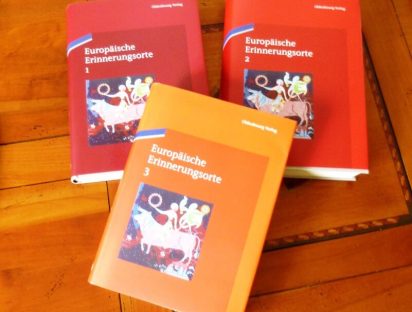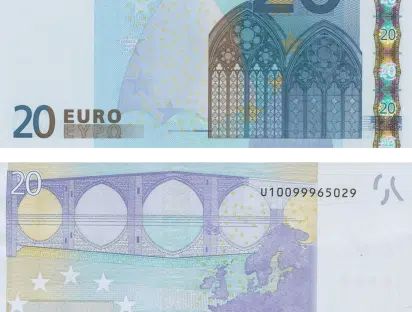Nothing really spectacular to report from the first Bundesliga week-end of the new season. Yet there is always something re-assuring in the banality of this yearly kick-off ritual. Especially after a summer during which both the radio in the morning and television in the evening had hardly anything else to report on but war (Syria, Irak, Ukraine), civil war (Lybia, even Missouri), or commemorated war (70 years of D-Day, 100 years of World War One).
Here’s what I wrote two years ago on this very same blog:
End of August. Time to update one of my all-time favourite football cartoons. If I remember correctly, it dates from 1992, but it never seems to become obsolete. You just have to update the text of the first three panels of the strip with what you see in the television news, and you can be sure that the fourth one is as valid as ever. (Of course you can feel FREE to replace ‘Bundesliga’ by ‘PremierLeague’, ‘Süper Lig’, ‘Primera División’, ‘Ligue 1′, ‘Extraklasa’, ‘Superligaen’ or whatever else you fancy). The cartoon will work in all European languages, and it would do so even without any words.
Chances are I can publish the same post in 2015. And 2016. And 2017…
What the cartoon also stresses is the inadequacy of the eternal comparison between war and football. How often the famous punch line of George Orwell on ‘war minus the shooting’ is taken out of its very specific context and repeated in order to make the highly original point that football is nothing more than a re-enactment of war? Take Paul Auster, the renowned American author, who declared after watching the 1998 World Cup in France, that ‘Europeans had finally found a way of hating each other without tearing each other to pieces’. Oh, dear, how profound!
The Orwellian war metaphore, along with the comparison of football to the ‘opium of the people’ of Marxist leaning, are the favourite quotes of good-meaning left-wing intellectuals. In France, for instance, you can be sure both metaphores are reliably taken out of the cupboard each time an international tournament places football on top of the media agenda. In today’s interactive media world there is something Pavlovian about the comments and reactions you can receive whenever you express yourself publicly on international football, trying to provide socio-psychological explanations for what is happening without condemning the way people are ‘being manipulated into nationalist frenzy’. Writing my daily World Cup column for Le Monde, I received a fair share of this kind of criticism, most of which was based on the unshakeable belief that football lovers are by definition alienated and brainwashed dummies who are incapable of critical distance to whatever happens on a football pitch.
One week into the World Cup, I picked up one of these comments of the previous day, which had rightly pointed out a weakness in my choice of words, and asked the question whether one had to ‘have a bad conscience for simply loving this World Cup’. I tried to explain that a lot of football fans were undergoing a state of ‘cognitive dissonance’ in sympathising with Brazilian protests for better social policies and at the same time simply loving the great football that was being played, and that this was a quite a normal mental contradiction, it appeared I had made my coming out as a cynic.
Well, then, so be it. I can identify with the guy in our cartoon. And if you ask me, he does not need to have a bad conscience for longing for a weekly break among all the bad news. Imagine him being a fan of VfB Stuttgart, or Beşiktaş, or Valencia CF or Nottingham Forest – doesn’t that fully disqualify him as a cynic? For him this game is not ‘war minus the shooting’, but ‘shooting minus the war’.




